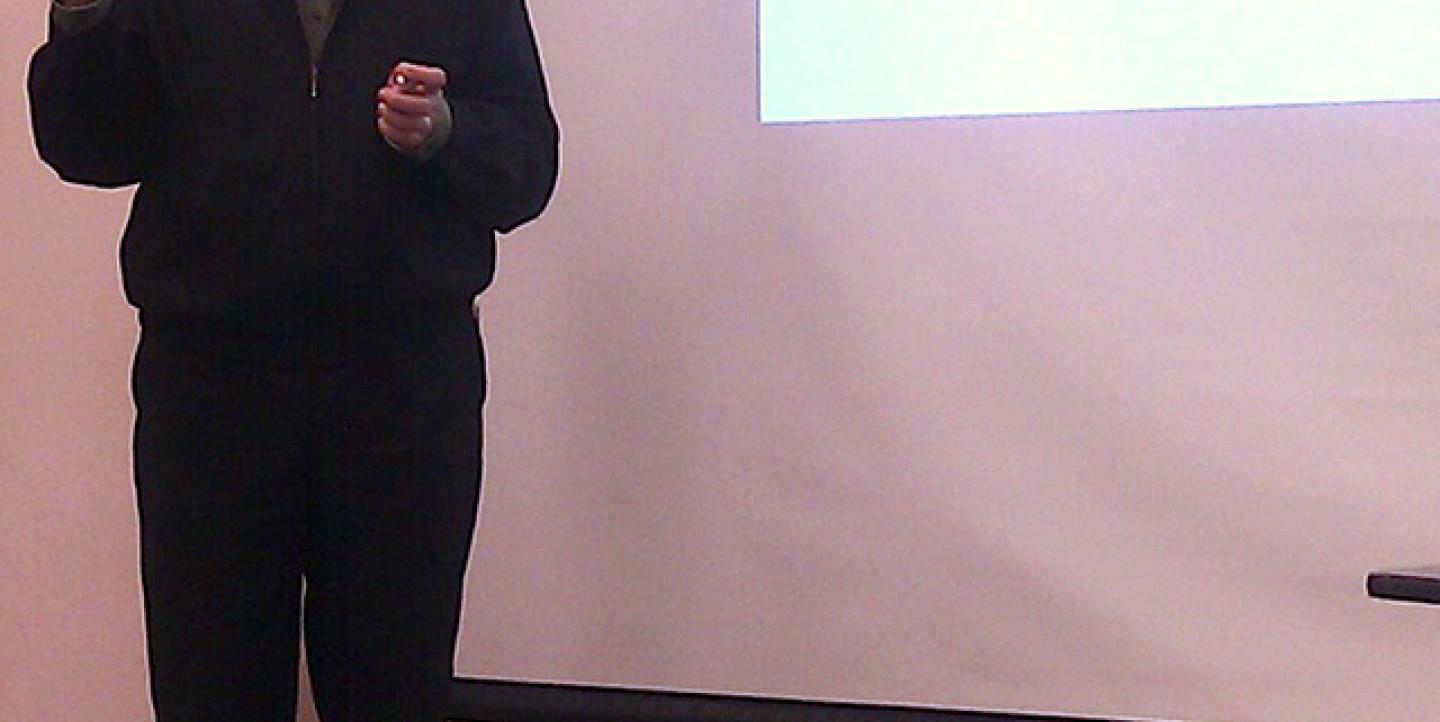If you're just starting out in journalism, consider yourself a news entrepreneur.
The news industry will never go back to the old days, says Richard Gingras of Google News, and if you're not embracing the changes in how news is being is created, consumed and shared, you may get left behind.
"It's not clear to me when the disruption of the news industry will end," said Gingras, who has nearly 30 years experience leading innovative news organizations. "How effective we are making a richer and more knowledgeable journalism ecosystem depends on the people in this room. You're the ones who will create the new models, explore new paths, whether it's the products you create or new narrative forms..."
In a talk titled "Innovation in an Age of Disruption," Gingras addressed students and a diverse group of media professionals at a recent event organized by San Francisco chapter of the Online News Association and the San Francisco State University Journalism department.
Here are IJNet's main takeaways:
-
Be an entrepreneur. "Everyone thinks of entrepreneurship as starting businesses, but I want to broaden that definition to the individual, the entrepreneur ship of 'me,' because that's increasingly important." Gingras underlines the fact that most journalists won't spend decades at the same news organization, so they must consider themselves "brands" to be built.
-
Take risks. "What I really want to convey, especially to students, is that you need to take risks. Try things, do things, be creative...Take every opportunity to learn a new skill, take every opportunity to express that new skill. And please don't be afraid about being wrong. Don't be afraid about being perfect. It doesn't matter." Unlike writing perfect copy, experimenting in journalism isn't perfection. Make mistakes, learn from them and amass knowledge about what works.
-
Innovate. Innovation isn't a luxury. "We're not in a simple transition and the underlying technology is going to continue to change over and over...We weren't thinking about social layer five years ago, that's all we talk about now. What will we be talking about in three years from now?" Getting comfortable with change and re-thinking news from all aspects is key to an enduring career.
- Learn business basics. "You do yourself a big disservice if you do not understand the basic dynamics of the businesses you work with. You just have to. This isn't about taking down the wall between business and editorial...Let's not let a pursuit of proper ethics to cause us to be blind about the underlying dynamics of business." Journalists need data to understand what they're doing, he added, whether it's SEO or page views. "The objective of journalists is to come up with knowledgeable observations about about what's going on and get that into as many heads as possible," he said. If that means it's better to spell 'healthcare' as one word instead of two to surface stories on healthcare reform rise web searches, then journalists should be open to it.
You can watch the 90-minute video of his presentation here.
Photo: Richard Gingras at SF State.

